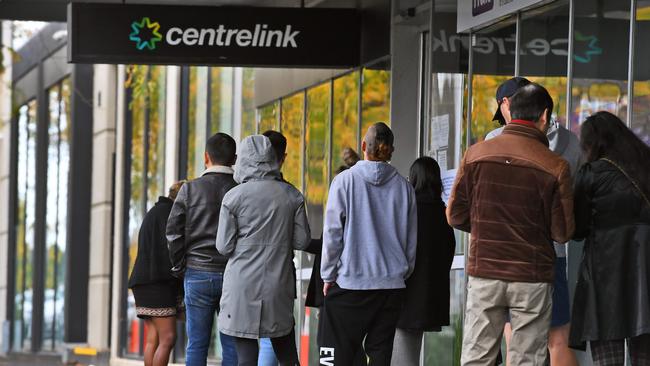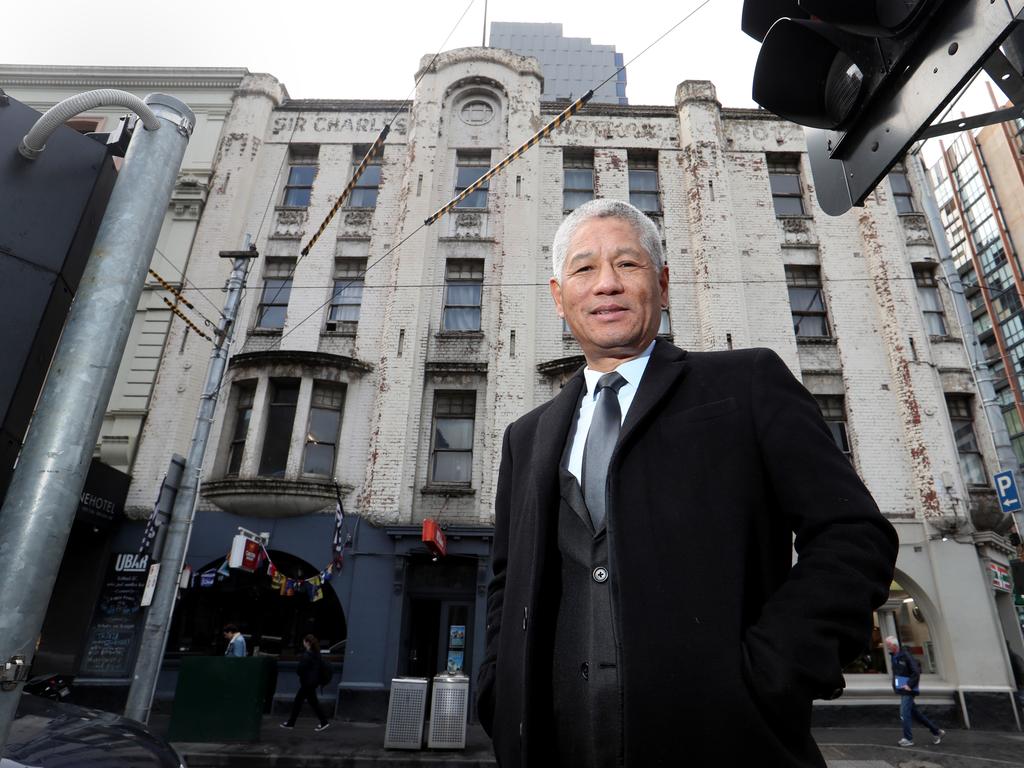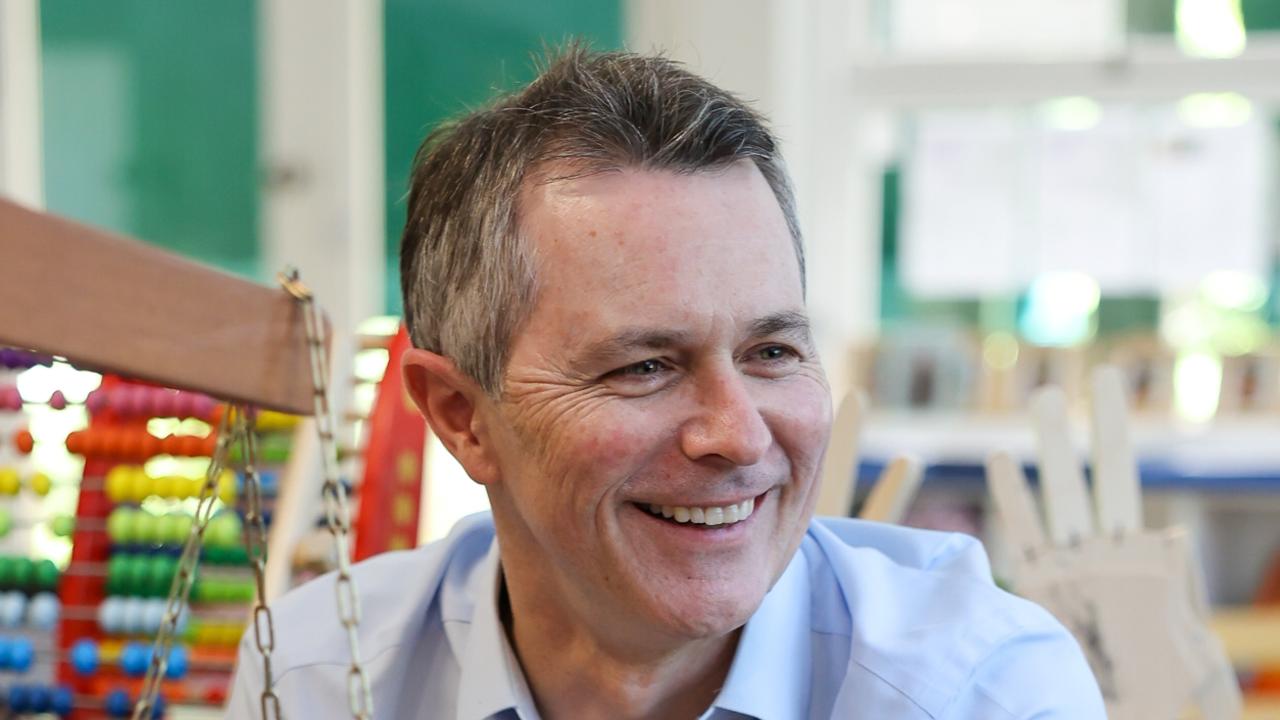Coronavirus and the economy: Time to tackle COVID largesse
With the game starting to change in our favour, we don’t need to spend so much.

A well-to-do friend of mine, a sole trader, is shocked to receive JobKeeper, the government’s $130bn wage subsidy that pays staff or sole traders $1500 a fortnight for six months.
“Why didn’t they at least say if you’re in the top tax bracket you’ll get a 4 per cent income tax surcharge if you have JobKeeper income: easy to administer and sensible,” he says.
They still could. As the national conversation returns to reform, we shouldn’t overlook an even higher priority for now: reining in a good chunk of the promised spending amid signs restrictions will be lifted sooner than anticipated.
“Our social distancing policies have succeeded beyond our wildest dreams and we no longer need to spend quite so much,” the Treasurer quite reasonably could tell voters. There’s hardly shame in that. To paraphrase the brilliant Keynes, when the facts change, we should change our minds.
Having the world’s biggest stimulus package — fiscal and monetary combined is estimated to be $320bn or 16 per cent of GDP — seemed sensible in March. After all, our relative prudence through the years meant we, unlike others, could afford it.
But it seems less so this month, when the first JobKeeper payments start flowing — quite possibly in the week the national cabinet moves to lift the damaging restrictions keeping businesses shut.
If the traffic on my street is anything to go by, many started ignoring the rules about a week ago anyway. No one is talking about six months any more.
The official modelling used to guide the government’s economic response said the best-case scenario — with stage three shutdowns — would see 5000 people in intensive care unit beds, when so far, thankfully, 28 are there.
“A key goal of the decision-making process is to achieve a response that is proportionate to the level of risk, acknowledging that the risk is not the same across population groups,” the Department of Health says in its coronavirus response plan.
It must extend this principle to the economic and fiscal sphere. The government already has demonstrated a laudable willingness to tweak JobKeeper. Last week it excluded full-time students under 18 who were still living at home. That will reduce the number of workers — earlier estimated at almost a million — who stand to receive pay rise via JobKeeper. It could go further, perhaps following New Zealand in having a flat lower payment for part-time workers, delineated at 30 hours a week. It should at least require recipients to demonstrate their revenue is down 30 per cent — or 15 per cent for charities — a second time next month to qualify for the final three months. That could save tens of billions.
Federal Liberal MP Andrew Laming, a registered medical specialist, says the government must avoid baking in spending as the Rudd government did in 2009. “A lot of it, such as the building of school halls, was still going years later,” he tells The Australian. “It could specify particular job advertisement levels at which JobKeeper will be phased out, or switch whole sectors off JobKeeper once their business activity statements indicate a return to relative normality.”
Of the $214bn in federal stimulus spending planned, $126bn is scheduled for next financial year and $6bn the financial year after that, so there’s a lot of scope for savings if things are better than first feared.
Of course, scrapping the second $750 payment to social security or concession card recipients, due in July and costing $4bn, seems a no-brainer. Shops were closed when the first payment was made anyway.
Everyone can be a genius in hindsight, but the conditions were already in place for an over-reaction. In the 1970s, a branch of economics known as public choice theory demolished the idea governments were “benevolent dictators”, selflessly acting in the public’s best interest. Rather, they tended to act in their own self-interest, as everyone did.
Over-reacting in a crisis, real or imagined, is going to incur a far lower political price than not doing enough. And the post hoc fallacy will be there on the other side if things work out: See, we have saved you. The logic extends to epidemiologists.
“You put policymaking into hands of pandemic experts, and they’ll do what gets them prestige and high marks within their profession, and their concern will be with a few metrics, mainly death rates, or infection rates,” says Geoffrey Brennan, one of the architects of public choice theory, and one of our top economists.
These ideas also explain why the federal government is more concerned about the economy, on which it is ultimately judged, than states, whose leaders for the same reason care more about health metrics. Ultimately, states will be bailed out by Canberra. Victoria and Queensland, Labor states, have been reluctant to reopen their schools, which may reflect the sway of the teachers unions as much as the science.
“Buying time is very expensive,” Brennan says. “The longer we maintain unnecessary restrictions, then the higher the cost will be.”
The government has promised a snap back to previous settings later this year, but the politics could be tricky. Labor might promise to keep free childcare or a supercharged Newstart, for instance. Far better to start pointing out hard thresholds to get voters used to the idea this is temporary.
In any case, we’ll have to refine our economic response to pandemics — we can’t spend $220bn potentially every few decades.







